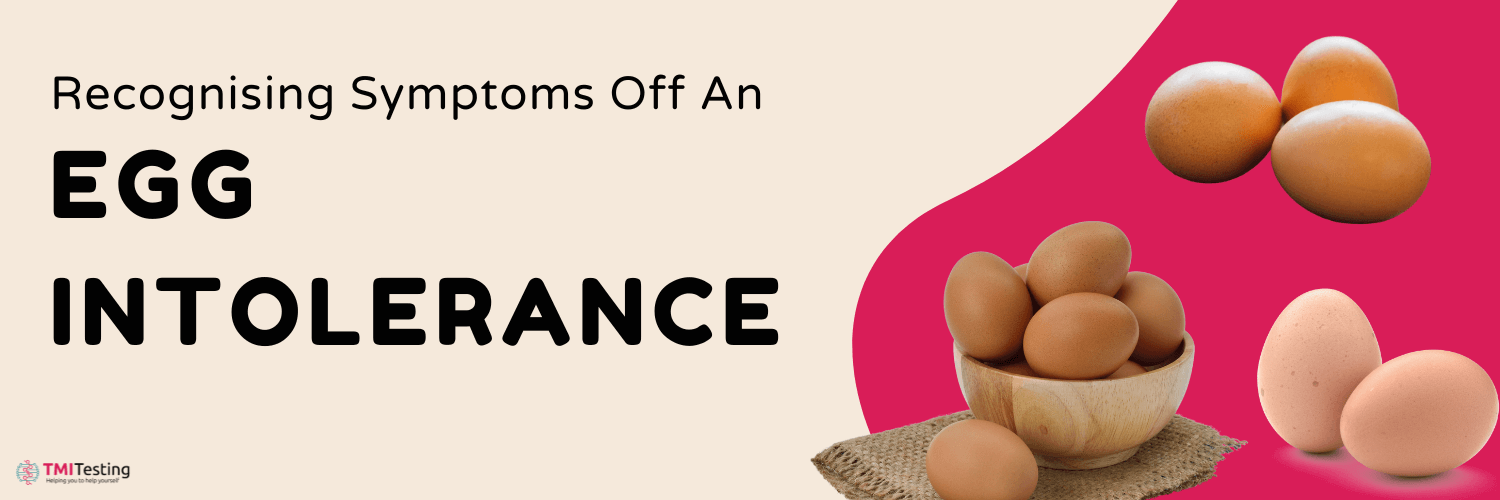
Wheat sensitivity is one of the most common food intolerances and sensitivities around the world. If you are suffering from wheat intolerance, you will have adverse reactions to gluten, a protein found in wheat, barley and rye. If you are suffering from an intolerance to wheat then you should avoid these ingredients and find alternatives. As it is quite a common intolerance, supermarkets are aware that a lot of alternatives to be provided to consumers. Therefore, if you head to the supermarket now you may find wheat alternatives.
What issues does wheat sensitivity cause?
Well, there are so many symptoms which are caused by a wheat intolerance, but plenty of them actually have nothing to do with your body’s digestion of wheat. Here are just some of the main signs and symptoms that you need to look out for if you suspect that you may have an intolerance to wheat:
1. A bloated stomach
A bloated stomach is when you feel as if your stomach is extended and full of gas after you’ve just eaten a food. Sometimes you can feel bloated like a balloon but no one else will notice a difference. This can often lead you to feel miserable and in a vulnerable mental state. The best thing to do is not to worry and identify which food is causing your bloating so it does not happen again. A bloated stomach is actually one of the more common symptoms, but it can also be a sign of gluten intolerance.
2. Headaches
Many people experience headaches, they can be a symptom of stress or just pure tiredness and fatigue. Migraines are a common condition, and Healthline reports that 10-12% of the Western population suffer from them on a regular basis. If you think you have a wheat sensitivity and are constantly experiencing headaches, then an intolerance test could be the solution to all your problems.
3. Fatigue
Everybody feels tired once in a while, it is not uncommon. However, if someone has a wheat sensitivity and is often eating bread, there has been enough research to suggest that this person will experience tiredness and fatigue more often than not. The issue is, though, that someone who is tired will often not think that food intolerance is the cause, They’ll put it down to stressful work and home-life, but actually it could be the other way round. Is your fatigue causing a stressful work-life balance?
4. Unexplained weight loss
If you suddenly experience weight loss and there is no reason to suggest why, it could actually be a wheat sensitivity. Everybody wants to lose weight but there is a right way to do it. Unexpected weight loss without constant exercise is actually a sign of food intolerance and is often a cause for concern. An intolerance test could be your first point of call to dig a little deeper into your diet.
5. Muscle and Joint Pain
Again, these are all symptoms that most people (from the West especially) will experience, but a wheat sensitivity is often one of the most common causes. Although a wheat intolerance is different from coeliac disease, some of the symptoms are similar. Exposure to wheat could cause inflammation in people who are sensitive to wheat.
So, if you recognise any of these intolerance symptoms and wheat is a major part of your diet, this could be the way forward. Find out more with TMI Testing today.






